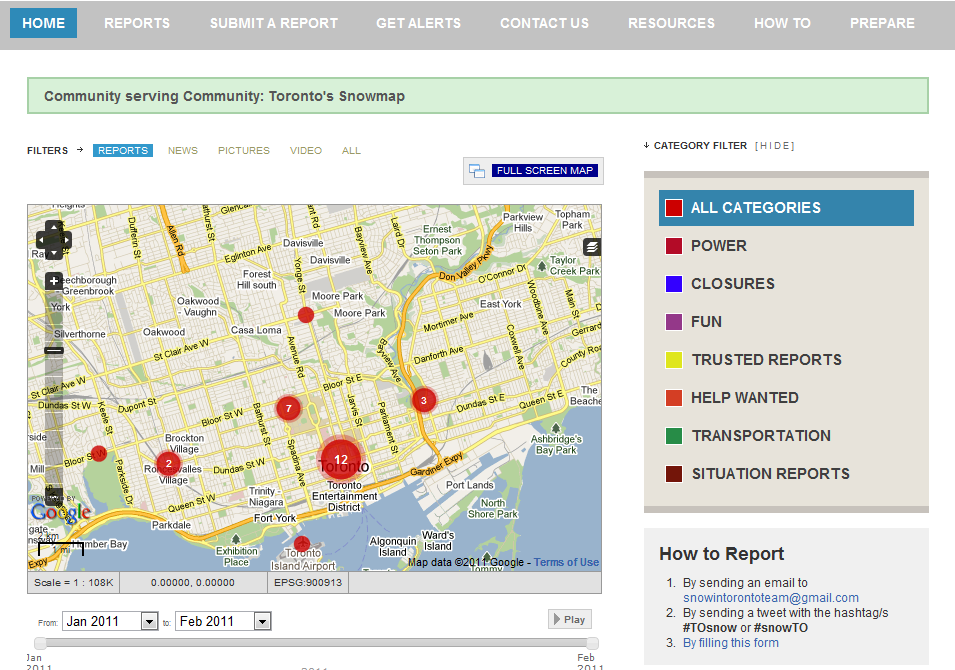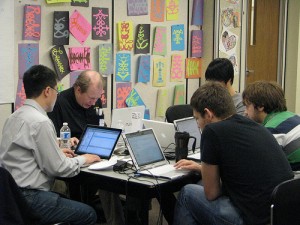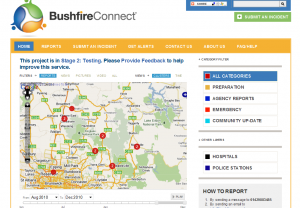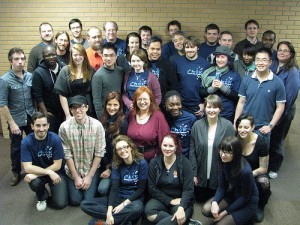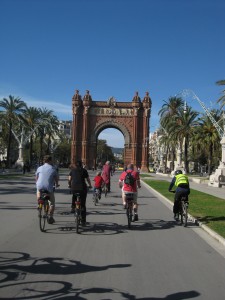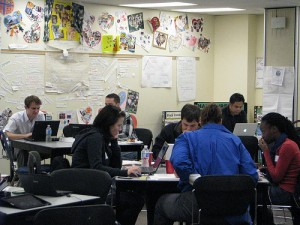What is RHoK
Random Hacks of Kindness is a community of innovation focused on developing practical open source solutions to humanitarian aid, climate change adaptation and disaster risk reduction. This is about technology helping people. On June 4th and 5th, Google, Microsoft, Yahoo!, NASA, HP and the World Bank, through their initiative Random Hacks of Kindness (RHoK), will bring together thousands of people in over 18 locations around the globe to create open solutions that can save lives and alleviate suffering.
On June 4th and 5th, Google, Microsoft, Yahoo!, NASA, HP and the World Bank, through their initiative Random Hacks of Kindness (RHoK), will bring together thousands of people in over 18 locations around the globe to create open solutions that can save lives and alleviate suffering.
We would love if you joined us: Register for RHoK 3.0 Toronto
RHoK 3.0 will focus on the issue of climate change. We’re hoping that this year, RHoK 3.0 Toronto is just as successful as our inaugural RHoK 2.0 in December. Over 50 hackers, citizens, designers, writers, researchers and open data enthusiasts came out in Toronto and joined 1000 others, collaborating with RHoK events in 21 cities and Open Data Hackathon Day events in 73 cities, all around the world.
We could not have done this without the generous support of our sponsors. Last year, sponsors donated space, food, tools, services and funds which helped make the event a success.
Help Feed RHoK Hackers and give them prizes.
RHoK Toronto 3.0 is a Satellite event for the RHoK global event. We are responsible to drum up local sponsorship support for food and prizes. This time, we are looking for sponsorship for a pre-event reception, to provide meals or funding for meals to participants and prizes for the top 3 innovative solutions or ‘hacks’.
In exchange for your involvement in the RHoK initiative, we will do the following:
- Showcase your logo internationally on the RHoK global website.
- Mention you in the media and press releases for the Toronto event.
- Provide you with space at the event for your pamphlets or promotional materials.
- Offer recruitment opportunities through our job board and your presence at the event.
- Provide you with blog content about the event
Please let me or our contacts know if you have any questions or suggestions. Any donated funds will be used for food and prizes. Any funds that we do not use will be given to the Red Cross. RHoK global requires that we provide full disclosure on accounting for events. We will happily do so. The Donation button is on Brian Chick’s Left Button Solutions business account. Brian is a core volunteer for this event.
Hope you can join us.
Thanks,
Heather Leson
RHoK Toronto Coordinator

